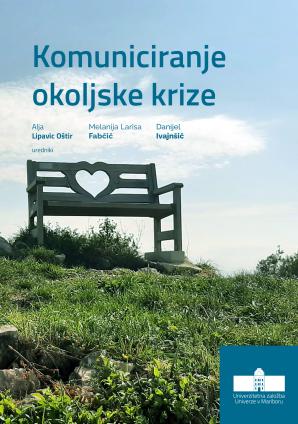Speaking Climate: How Translators Make Environmental Language Work
Synopsis
Climate change is a global challenge that demands informed action. One major barrier to public engagement is the difficulty in understanding specialised environmental terminology. In Slovenia, as in other countries, improving environmental literacy is essential for supporting sustainable practices and the green transition. This study explores how climate-related terms are translated from English into Slovenian, focusing on the behind-the-scenes processes of meaning-making. It examines how Slovenian translators address terminological challenges through collaboration in online professional groups, where terminology is co-constructed through expert discussions. These informal exchanges play a key role in clarifying ambiguity and ensuring accurate, context-sensitive translations. Although official glossaries offer standardised terms, the cognitive work and decision-making that support them often remain invisible. This research highlights the translators’ crucial role in making climate discourse accessible, thus promoting environmental understanding and enabling greater public engagement in sustainability efforts.







